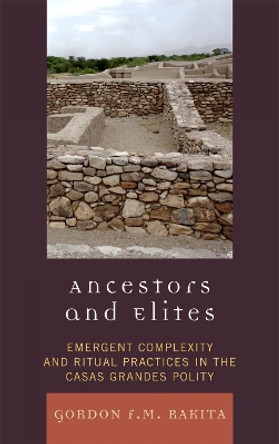Description
This volume demonstrates how researchers in bioarchaeology and mortuary archaeology can work to better understand concepts of life and death in past societies of the Indigenous Americas. Through case studies that apply the "ontological turn" to human funerary and skeletal remains, contributors set aside Western views of reality, nature, and personhood to explore how people of various cultures understood existence and the human body.
Contributors examine mortuary records from Inuit groups in Labrador and Greenland, Hopewell culture in the lower Illinois River valley, and Weeden Island and Puebloan traditions in the United States Southeast and Southwest. They look at the Paquime community in Mexico, iconography of the Maya civilization, the demographics of Inka populations, and an ancient village on the Amazon River in Brazil. With attention to the viewpoints of these cultures, these essays deconstruct the boundaries between human remains and other interred artifacts, the living and the dead, and other binaries rooted deeply in Western science.
Exploring Ontologies of the Precontact Americas reminds readers that their own ontological perspectives affect how they interpret the past. By considering diverse, non-Western worldviews and engaging with novel social theories of the body, this volume inspires new understandings of precontact societies.
About the Author
Gordon F. M. Rakita, professor of anthropology and associate vice president for faculty excellence and academic engagement at the University of North Florida, is coeditor of Interacting with the Dead: Perspectives on Mortuary Archaeology for the New Millennium.
Maria Cecilia Lozada, research associate in anthropology at the University of Chicago, is coeditor of Andean Ontologies: New Archaeological Perspectives.
Book Information
ISBN 9781683404071
Author Gordon F. M. Rakita
Format Hardback
Page Count 320
Imprint University Press of Florida
Publisher University Press of Florida
Weight(grams) 272g







